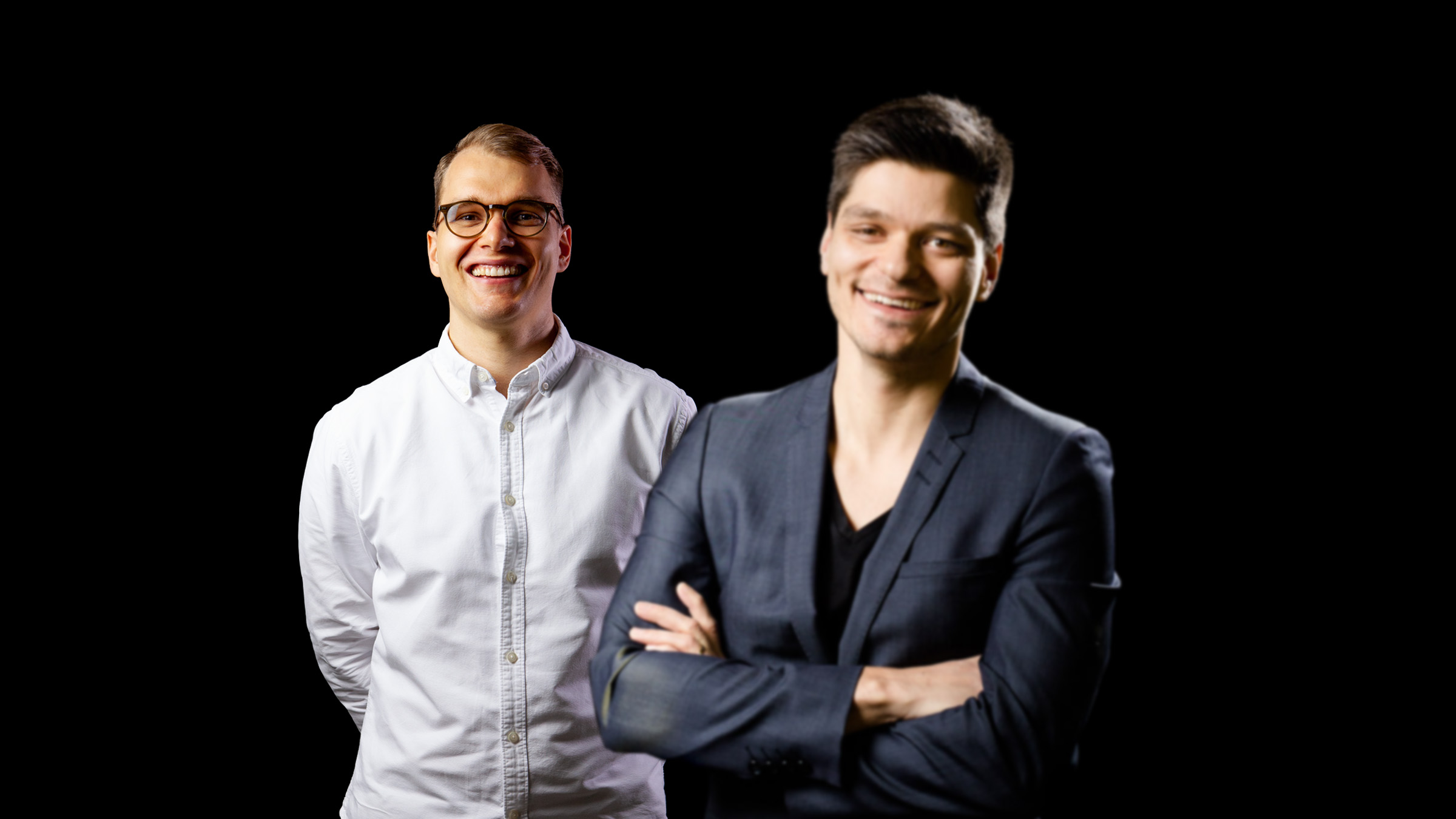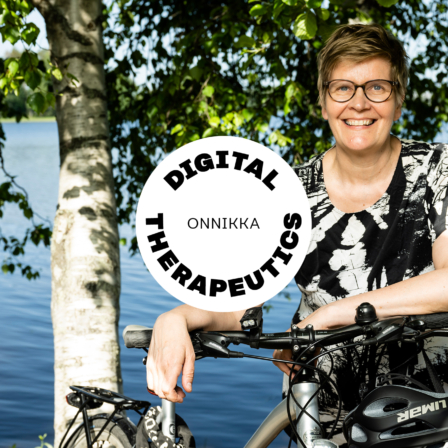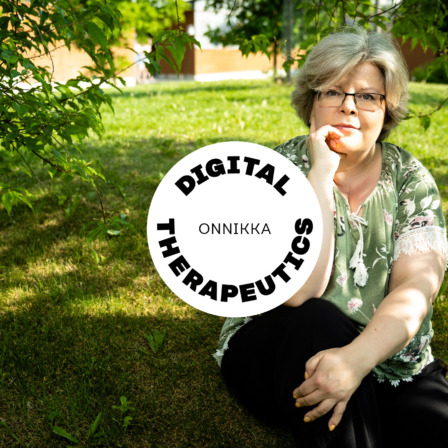Using health apps as part of a patient’s treatment regime requires evaluation and a common model of intervention and reimbursement, as with drugs. Germany already published its evaluation model (DiGA) in 2019, according to which apps can be offered to patients through national evaluation and reimbursement. France followed suit by publishing a modified version of the German model in spring 2023. Finland should also join these pioneers, the sooner the better.
According to Sitra’s studies and pilot projects, digital therapies, such as health apps, offer new ways to make an impact at the all stages of the care path, from health maintenance to disease treatment and rehabilitation. They make everyday life easier for patients and healthcare staff, provide real-time data about the progress of rehabilitation and help contain healthcare costs.
Sitra has recommended a national Finnish model for using digital apps in healthcare. However, the current situation is confusing in Finland: it is unequal for patients and opaque for companies that develop health apps. The digital therapies available to patients depend on where they live. Wellbeing services counties duplicate a lot of work in their procurement. A model based on county-specific procurement procedures is not attractive for businesses. A model based on individual procurement procedures does not encourage the creation of innovative solutions, as policies are mainly based on existing needs and not completely on new approaches. Such obstacles can be overcome through strong collaboration.
There is evidence of the use of health apps in several countries, and evaluation and reimbursement models already exist in two European countries. Using the lessons learned in other countries would be a good opportunity for us join the leaders in the field. This requires collaboration, which we are good at, and can be guided by our studies, the experience and lessons learned from our pilots – which will end later this spring – and the tried and tested models used in Germany and France.












